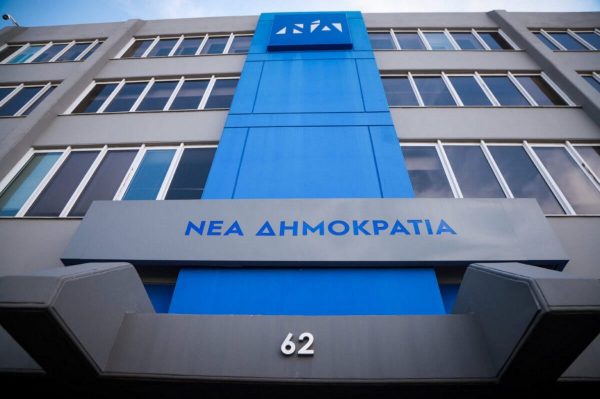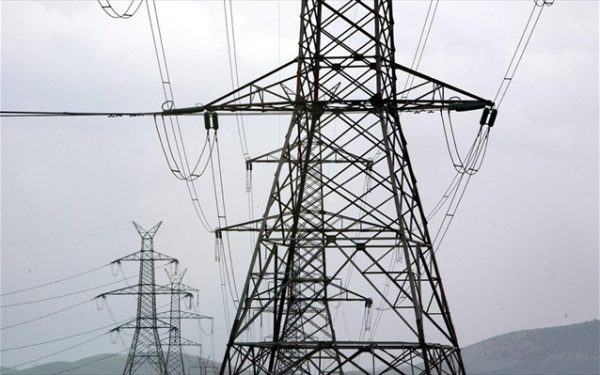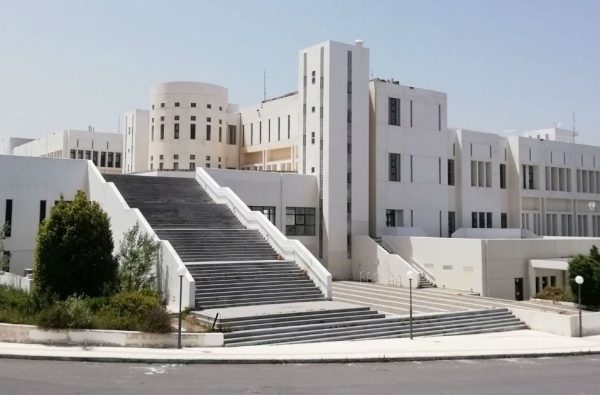
The government’s relationship with the bankers is like trying to mend a broken glass. After the saber-rattling last Thursday, with the leadership of the Ministry of Finance as the master of the rift and the prime minister as a sapper, the tones are starting to fall.
The two sides, i.e. the government and the banks, want to bury the hatchet. According to information, the Bank of Greece also played a role. A complete rupture was avoided at the last moment as fuel was added to the fire by inflammatory rhetoric and the bad atmosphere created during the meeting of the Ministry of Finance with the heads of the systemic banks last Thursday.
From the initial meetings with the government, the banks had discussed the cost of the support and how it should not be paid by them. The government, for its part, argued that the time has come for them to assume responsibility and bear the costs, as the state has backed them during the pandemic, while now the banks have high profits and liquidity, and expect a significant increase in revenue from interest rate hikes.
This was the subject of intense debate. Thus, at last Friday’s meeting, despite the bad atmosphere and objections from each side, there was an agreement in principle. That is, that a support framework is needed and that they should meet again when the banks draw up specific proposals for vulnerable citizen groups.
However, the Ministry of Finance, after the meeting, released a bombshell announcement. It was full of anti-bank jabs and implicitly but specifically blamed high lending rates and high transaction fees. At the same time, it called on banks to assume their responsibilities as well as the costs for supporting vulnerable borrowers in order to have new bad loans. A few hours later, Prime Minister Kyriakos Mitsotakis, in the context of his meeting with the President of the Republic Katerina Sakellaropoulou, repeated the requests that the Minister of Finance has already submitted to the banks, regarding deposit rates and commissions.
The clear message
With his public statements against the banks, the prime minister sent a clear message by “usurping”, at the same time, the agenda of opposition. SYRIZA and KINAL-PASOK have been hammering the government for months about banks, auctions and funds. According to information from the prime minister’s entourage, his reference to the banks, during a meeting with the President of the Republic, shows his particular annoyance at the attitude of the banks. The message to the citizens is clear: The measures to be taken must be paid for by the profits of the banks and not by the budget, that is, the Greek taxpayer.
The Ministry of Finance, in turn, published the list of bank commissions, which are “burning” household budgets. A move that caused the banks to “go bonkers”. He called on them to find a way to support their customers, and reduce commissions. Since the times of the pandemic, the government had paid and created a safety net by paying the installment of the vulnerable with the Bridge programs.
In the first nine months of the year, the four systemic banks have collected more than 1.3 billion euros from these charges, which is a record. These numbers were presented by the Ministry of Finance to the banks and further raised tones as it published the commissions for transactions over the counters and over the internet.
Adjustments have been made
Sources from the banks say that interest rates have already been adjusted by systemic credit institutions and that the next adjustments are expected from the beginning of 2023. As for commissions, circles note that they may have increased compared to 2-3 years earlier, however, they are currently at the EU average. They add that all banks have subscription packages, which ensure, depending on the needs of each, very low or zero commissions for a series of transactions.
Now, the two sides have sat down at a table to shape the final solution for vulnerable borrowers, which proposal will be submitted to the relevant European banking authorities from next week. The meetings at the Bank of Greece are feverish in order to make the calculations for the possible costs, to determine the amount of support and the girth of the loans that will be included in the program. The final plan is being prepared so that it is compatible with the European framework and from the beginning of the week it will be submitted to the here is the proposal for approval at the European banking supervisory authorities in Frankfurt (SSM, ECB). The support should provide that the intervention in the arrangement of the loan cannot reduce the net present value of the loan.
Latest News

PM Mitsotakis to Chair New Democracy’s Committee Meeting
Today’s meeting is seen as a crucial opportunity to halt internal disputes within ND and reaffirm unity within the party.

Trump Tariffs Jeopardize Growth: Piraeus Chamber of Commerce
The tariffs, aimed at reducing the U.S. trade deficit, are expected to have both direct and indirect effects on the European economy

EU Condemns Trump Tariffs, Prepares to Retaliate
As tensions escalate, the EU is expected to continue negotiations with Washington while preparing for potential economic retaliation.

The Likely Impact of Trump Tariffs on Europe and Greece
Trump tariffs are expected to negatively affect economic growth in the Eurozone while Greece's exports could take a hit.

Motor Oil Results for 2024: Adjusted EBITDA of 995 mln€; Proposed Dividend of 1.4€ Per Share
Adjusted EBITDA for 2024 was down 33% yoy. The adjusted profit after tax for 2024 stood at 504 million euros, a 43% decrease from the previous year

Cost of Living: Why Greece’s 3% Inflation Is Raising Alarm
Greece appears to be in a more difficult position when it comes to price hikes, just as we enter the era of Trump’s tariffs.

Fitch Ratings Upgrades the Four Greek Systemic Banks
NBG’s upgrade reflects the bank’s ongoing improvements in its credit profile, Fitch notes in its report, including strong profitability, a reduction in non-performing exposures (NPEs), and lower credit losses

Trump to Announce Sweeping New Tariffs Wednesday, Global Retaliation Expected
With Trump's announcement just hours away, markets, businesses, and foreign governments are bracing for the fallout of one of the most aggressive shifts in U.S. trade policy in decades.

Inflation in Greece at 3.1% in March, Eurostat Reports
Average inflation in the eurozone settled at 2.2%, compared to 2.3% in February

Greece’s Unemployment Rate Drops to 8.6% in February
Despite the overall decline, unemployment remains higher among women and young people.









































 Αριθμός Πιστοποίησης
Αριθμός Πιστοποίησης